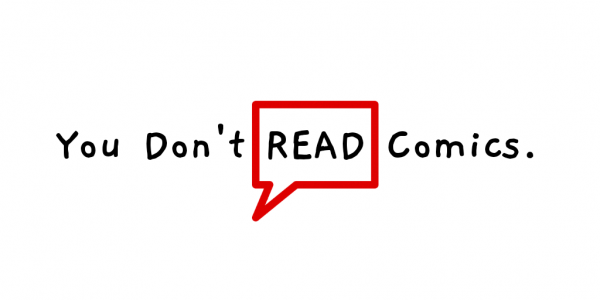Poison Ivy #11 // Review
It was going to be a completely casual protest on the road to an oil refinery. Dr. Isley didn’t exactly realize that she was taking many of the protestors to the site against their will. And she didn’t exactly expect to feel the kind of empathy that she did for them. Then, the oil tanker comes barreling down the highway, and things get complicated in Poison Ivy #11. Writer G. Willow Wilson continues a provocatively complex supernatural horror drama with some very deeply-felt emotional resonance that blossoms off the page courtesy of artist Marcio Takara and colorist Arif Prianto.
The group of ladies involved in the protest were on a health retreat led by a Gwyneth Paltrow-style health guru. Ivy hadn’t anticipated that there would be a drink served at the retreat that involved really, really powerful and poisonous hallucinogenic mushrooms that allow her a kind of mind control over them. She didn’t intend on that type of control...and now she will have to protect everyone involved as the mushrooms and their effects take a turn for the deadly dangerous. Ivy’s got a huge responsibility for a large group of people...and she doesn’t even like people...
Wilson has fostered a tremendous amount of complexity into the drama of the story. The eleventh issue of the series launches Pamela Isley into territory that has been foreshadowed quite a bit over the course of the past year. Dr. Isley’s dislike for humanity now finds her in a place to serve as mother for human/plant hybrids. It’s a motherhood that she never wanted. And it’s something that is forcing her to confront the complexity of her own need to change the world for the better. Every solution to the earth’s problems is going to pose a dozen more problems. Wilson understands this and expands on it beautifully in a richly engaging dramatic story that shows just how far Poison Ivy has come in the past year.
Takara says SO MUCH in silent moments. Ivy’s understanding of her new maternal relationship is read in breathtakingly subtle and meticulous shifts in posture and facial expression. Takara delivers a dizzying level of emotional impact to the page. It would be really, really difficult to appreciate the complexity of what Wilson is bringing without an artist like Takara, who has an endearingly adroit and deft grasp of a range of human emotions. Drama is SO difficult to bring to the page in a way that feels compelling, but Takara makes it look easy. Prianto paints it all in a range of colors...from the beautiful pastels of psychedelic hallucinations to the glittering stars at night to the sickly twisted colors of true physical illness. It’s all there, and it’s all very compelling.
Anti-heroes are very difficult creatures to bring to the page in a way that shows their true complexity. Poison Ivy works within the mold of an anti-hero story with the kind of depth that is rarely found in more straightforward heroic comics. Once again, Wilson, Takara, and Prianto deliver a brilliantly expressive story. It’s one of the best things currently running on the comics rack for so many reasons.










